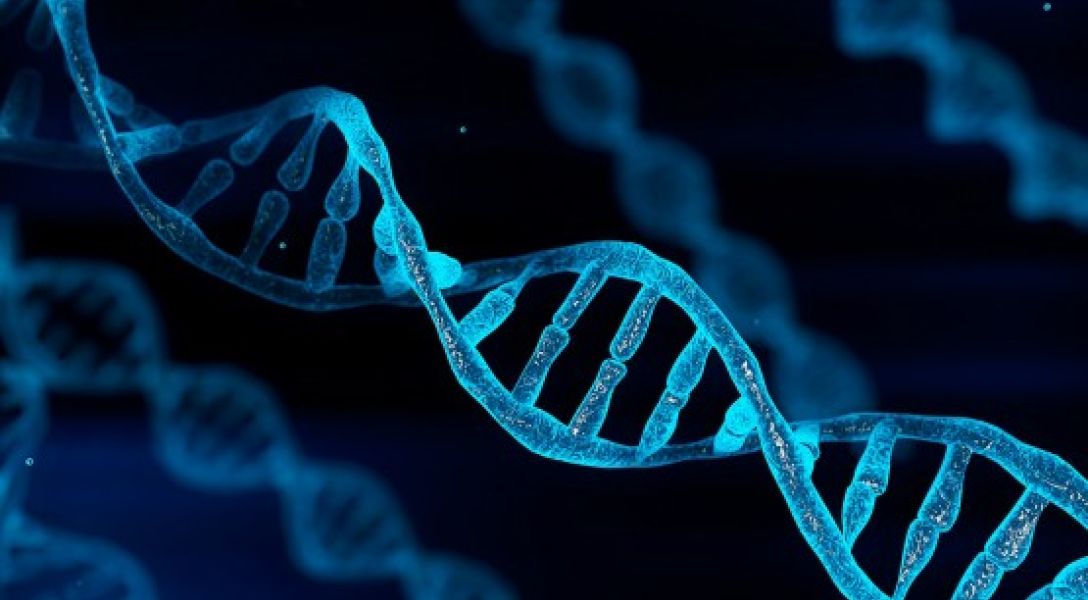By Chris Dawson for the Cornell Chronicle
New research from Cornell scientists is exploring how human genetics impacts functions of the gut microbiome, and is expanding awareness of the role human genetics plays in shaping the microbiome.
The trillions of individual organisms constituting a person’s gut microbiome greatly impact metabolic function, disease and overall health. What has been less clear is how and to what extent the gut microbiome is, in turn, shaped by the genome of its human host.
Ilana Brito, assistant professor and Mong Family Sesquicentennial Faculty Fellow in the Nancy E. and Peter C. Meinig School of Biomedical Engineering, and her coauthors took a novel approach to examining host-microbiome genetic interactions and were able to show many instances where a human host’s genetic makeup directly affected the functional performance of the gut microbiome.
Their paper, “Collective Effects of Human Genomic Variation on Microbiome Function,” was published March 9 in the journal Scientific Reports. The study was a cross-college collaboration that combined Brito’s knowledge of the microbiome with faculty expertise in genetic variation and statistical methodology, respectively, from Andrew Clark, the Jacob Gould Schurman Professor of Population Genetics in the College of Arts and Sciences; and Martin Wells, the Charles A. Alexander Professor of Statistical Sciences in the Department of Information Science.
“When a disease or phenotype is caused by a single genetic mutation it can be a relatively straightforward process to find the gene responsible,” Brito said. But just as often, an entire suite of genes can interact to result in disease or other phenotypic expression, a much more complex mechanism. Within the human genome there are many sequential variations from person to person and even within paired chromosomes of the same person.
When a variation is produced by the substitution of a single nucleotide, this is called single nucleotide polymorphism (SNP). Using a unique computational and modeling approach, Brito’s team was able to identify SNPs that correlated with microbiome-associated traits, disorders and cancers. In other words, they were able to show direct effects of the human genome on the functions of the gut microbiome.
“Associating variation in the human genome with the variation in the gut microbiome has been tricky,” Clark said, “because the human genome variants are correlated with each other, and can have related functions, and the species of bacteria in the gut are also not independent of each other.”
The novelty of the current study was to make use of this structure in the data. It focused on the function of the gut microbiome as opposed to the genetic makeup of each species in the agglomeration of organisms that forms the microbiome; it looked at broad collections of human genes and their effect on the functions of the microbiome as opposed to examining single genes; and it used a new type of strategy to model the distribution of functions and species within the human gut.
Past models haven’t been a good fit for the characteristics common to metagenomic sequencing data sets. Wells introduced the idea of using the Tweedie distribution – a type of probability modeling – to account for these characteristics.
“My research group has previously applied a Tweedie modeling strategy in natural language processing,” Wells said. “It seemed like a good fit here, too. We found that the Tweedie modeling approach was flexible enough to capture the mean-to-variance power relationship in the metagenomic taxa and gene abundances and was superior to the standard approaches.”
First author of the paper is Felicia New, Ph.D. ’21, formerly part of Brito’s lab group and second author is Benjamin Baer, Ph.D. ’21, a Wells advisee.
“Felicia brought the expertise on these microbes and their functions and human genetics, and Benjamin brought the stats background and they worked together to mesh their expertise and see what specific approach made sense,” Brito said. “It was through this collaboration that we were to do some excellent work.”
The research was supported by a grant from the National Institutes of Health.



